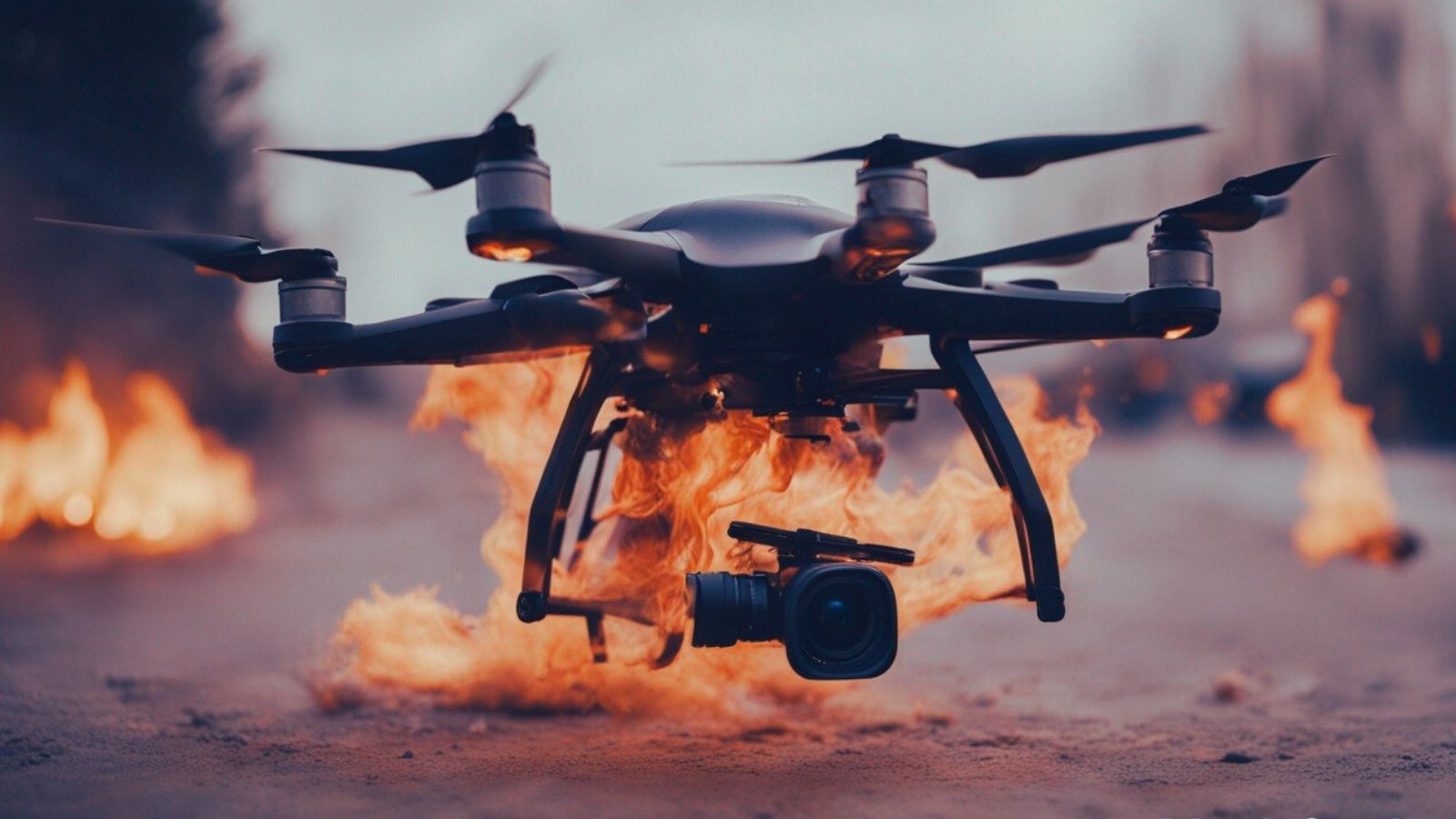
EA Is Suffering From Powerful DDoS Attacks Resulting in Server Outages
- EA gaming servers are down since yesterday, affecting millions of players of four popular titles.
- People are complaining and asking for compensation or refunds, while the gaming publisher is working on mitigations.
- DDoS attacks against gaming servers are a problem that has been raging for years now, and there's no fix on the horizon.
Players of EA (Electronic Arts) games like FIFA 20, Battlefield, Origin, and Apex Legends are currently having trouble connecting to the game servers due to a series of DDoS (Distributed Denial of Service) attacks that have crippled EA's systems. The problem became noticeable since yesterday, when the entire UK lost access to FIFA 20 servers, and unfortunately, the game remains offline today. EA officials decided not to go into details about what is going on, and they simply assured players that they're actively working on the resolution of the technical problems.
Today we experienced a series of DDoS attacks that we’ve now been able to resolve. If you’re still having trouble logging in, please contact us.
— EA Help (@EAHelp) April 15, 2020
At first, some thought that the large number of people staying inside and playing games, and the general strain on internet infrastructure due to COVID-19, had resulted in the lengthy outages, but we now know that this wasn't the case after all. While EA's Help handle on Twitter said they have finally contained the problem regarding the DDoS attacks, many people continued to experience lags and connectivity problems. Some mocked EA for failing to protect their servers from DDoS actors, while others went on to ask for compensation, as these outages aren't exactly a rare occurrence.
DDoS actors love targeting gaming servers because it results in great amounts of publicity and rage against the affected title publisher. Players are paying money for an undisturbed gaming experience, and when something is negatively affecting their enjoyment, they are keen to ask for refunds or look elsewhere. Moreover, when servers are down, game publishers are actively losing money from the in-game purchases that the players would otherwise perform. Thus, the disruption to their business is grave, but dealing with these attacks isn't as straightforward as some may be thinking. We have seen this being a problem for Blizzard, Ubisoft, and many other game publishing studios, so many have tried to take the matter on courts of law as a last resort.
We have recently covered yet another bust concerning DDoS service providers as well as attackers, but it's obvious that there's no bottom to this barrel. There is just too much work for the FBI, Interpol, Europol, and all the law enforcement services combined, so they cannot take everything down or even locate every actor out there. That said, the problem is one that has to be tackled through technical superiority, but for now, DDoS mitigating systems are barely able to catch up with the growing sophistication of the current attacking methods.








